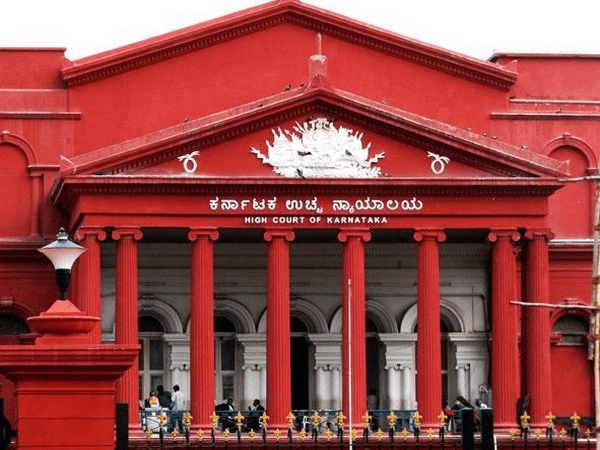The Karnataka High Court dismissed a PIL seeking direction to Bengaluru Police to register a case and investigate the matter and take suitable action against private respondents involved in grabbing the schedule property and also obstructing the movement of general public through the schedule property.
The PIL filed by Brindavan Welfare Association had further sought direction against the Assistant Executive Engineer (Horavamu Sub-Division) to continue developmental activities on the schedule property, as it has undertaken to carry out in the locality connecting the schedule property as road.
Brief facts of the case is that the petition-Schedule property originally belonged to one who represented by his general power of attorney holder had executed an unregistered release deed dated April 29, 1998 in favour of petitioner giving up his rights in the schedule property and an unregistered memorandum of understanding was also executed on April 27, 1998, giving consent for formation of road on the schedule property.
Accordingly, the schedule property was used as a public road. Subsequently, under a registered sale deed on July 19, 2009, the son of original owner had sold the petition – Schedule property in favour of a private respondent and thereafter, original owner and other members of the family have executed a confirmation deed dated November 7, 2009 confirming the sale deed dated July 19, 2009.
The Private Respondent subsequently entered into an agreement of sale dated March 3, 2021 agreeing to sell the petition-Schedule property in favour of other private respondents.
It is the case of the petitioners that other private respondents have been making attempts to block the road, which is existing in the petition schedule property and they have been obstructing the public from using the said road. It is under these circumstances, the petitioners are before the High Court.
The counsel for one private respondent has submitted that he has filed a suit before the jurisdictional Civil Court seeking a decree of permanent injunction against the persons who tried to interfere with his possession over the said property and in the said suit, petitioners have filed an application for impleading.
He disputes that the schedule property is a road and it is his case that the schedule property is a private property purchased under a registered sale deed for valid consideration.
The petitioners claim that the schedule property is a public road on the strength of the unregistered released deed executed by H.S. Ganesh, who is the original owner of the said property.
It is their case that original owner has released his right and title over the schedule property and consented for the formation of road. However, it is not in dispute that original owner and his family members have executed a registered sale deed in respect of the very same property in favour of one private respondent for valid sale consideration.
Therefore, the rights of the contesting private parties are required to be adjudicated before the competent Civil Court in view of the disputed facts involved in the case.
The Division Bench of Acting Chief Justice Alok Aradhe and Justice S. Vishwajith Shetty observed that undisputedly, the parties are already before the Civil Court and therefore, it is for them to establish their right and title over the petition-Schedule property before the Civil Court and seek appropriate relief to safeguard their interest over the petition-Schedule property.
Further, if the petitioners have any grievance that private respondents are obstructing or blocking the public road, they have got an efficacious remedy under the Karnataka Municipal Corporations Act, 1976. The petitioners have not produced any material before the Court to show that they have approached the competent authorities under the Karnataka Municipal Corporations Act, 1976, putting forward their grievance and seeking appropriate relief.
Under the aforesaid circumstances, the Bench opined that no relief can be granted to the petitioners in PIL.


